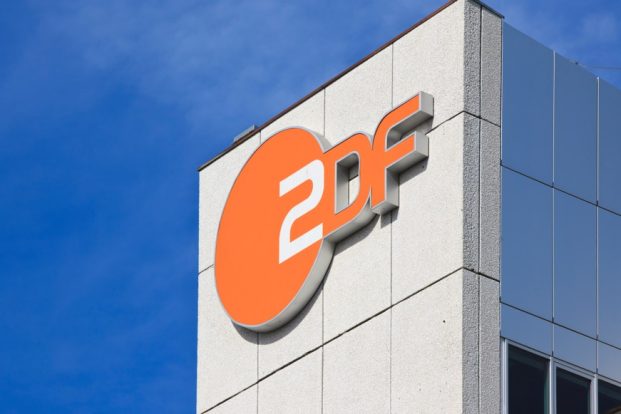
© Andreas Prott- Adobe Stock
At the request of LHR, the Frankfurt Regional Court has issued a temporary injunction against ZDF for a television programme from the ‘Frontal’ series.
Identifying reporting with a hidden camera
The emergency order prohibits the broadcaster from showing scenes filmed with a hidden camera on the applicant’s company premises and from reporting on the applicant’s managing director in a way that identifies him.
Finally, ZDF is also no longer allowed to make images of an employee that were also recorded in a hidden manner publicly accessible despite ‘pixelation’.
Applicant allegedly ‘police chief’ on behalf of Chinese state security
The television report in question focussed on ‘police stations’ allegedly operating in Germany on behalf of Chinese state security. One of the applicants was portrayed as a ‘police chief’ responsible for ‘West Germany’ who was in charge of a ‘police station’ operating on behalf of Chinese state security.
These police stations were used, among other things, for illegal, official measures as well as the surveillance, control and persecution of Chinese living abroad. To illustrate these allegations, a Chinese blogger and a filmmaker were interviewed who reported being persecuted and threatened for making critical comments about the Chinese regime.
Illegal images of the applicant, his company and one of his employees
The report contained film material in which not only the name and image of the applicant but also that of his company, which also took action against the reporting, could be seen. The journalists had even entered his company premises with a hidden camera and filmed an employee (the third applicant) without his knowledge and questioned him about the allegations.
The article as a whole gave the impression in particular that the applicant was operating as the ‘police chief’ of a so-called overseas police station on behalf of Chinese state security and possibly threatening and intimidating Chinese dissidents in Germany.
Inadequate hearing
Particularly perfidious: ZDF had asked the applicant a few questions about the facts of the case by email before publishing the report, which he had also answered. However, he was not confronted beforehand with the accusation that, as ‘chief of police’, he was also responsible for the persecution or intimidation of dissidents, which was to be made to him publicly and at prime time in front of an audience of millions.
ZDF refused to issue a cease-and-desist declaration
As ZDF and the authors responsible refused to cease and desist, an application for a temporary injunction was necessary, which the Frankfurt Regional Court issued immediately (LG Frankfurt a.M., Beschluss v. 20.7.2023, Az. 2-03 O 293/23, not legally binding, in the delivery).
The fear of recognisability is sufficient
In particular, the Regional Court agreed with the applicants’ view that the “pixelation” of the applicant’s employee was not sufficient for him to be permissibly depicted. This is because the further reporting – the depiction of the clearly legible name of the company, as well as the company premises and the full mention of the employer’s name – provided sufficient evidence to give rise to the well-founded fear that he could be recognised by his friends and acquaintances on the basis of his body shape and posture, his clothing and the outline of his face in combination with the further information. This is sufficient to assume a portrait within the meaning of § 22 KUG (vgl. BGH, GRUR 2021, 106 – G20-Gipfel).
The narrow black bar that tabloid media often place over the eyes of those depicted is therefore not usually sufficient to justify publication.
A fine of up to € 250,000 or imprisonment is threatened
In the event of non-compliance, ZDF or those responsible face a fine of up to € 250,000 or up to six months’ imprisonment.
The decision has been issued by way of an order and must still be implemented in order to take effect; it is currently being served. The defendants can lodge an objection against it or force the applicants to bring an action on the merits.
In addition to the claim for injunctive relief, there are claims for damages, which the applicants will assert in separate proceedings.